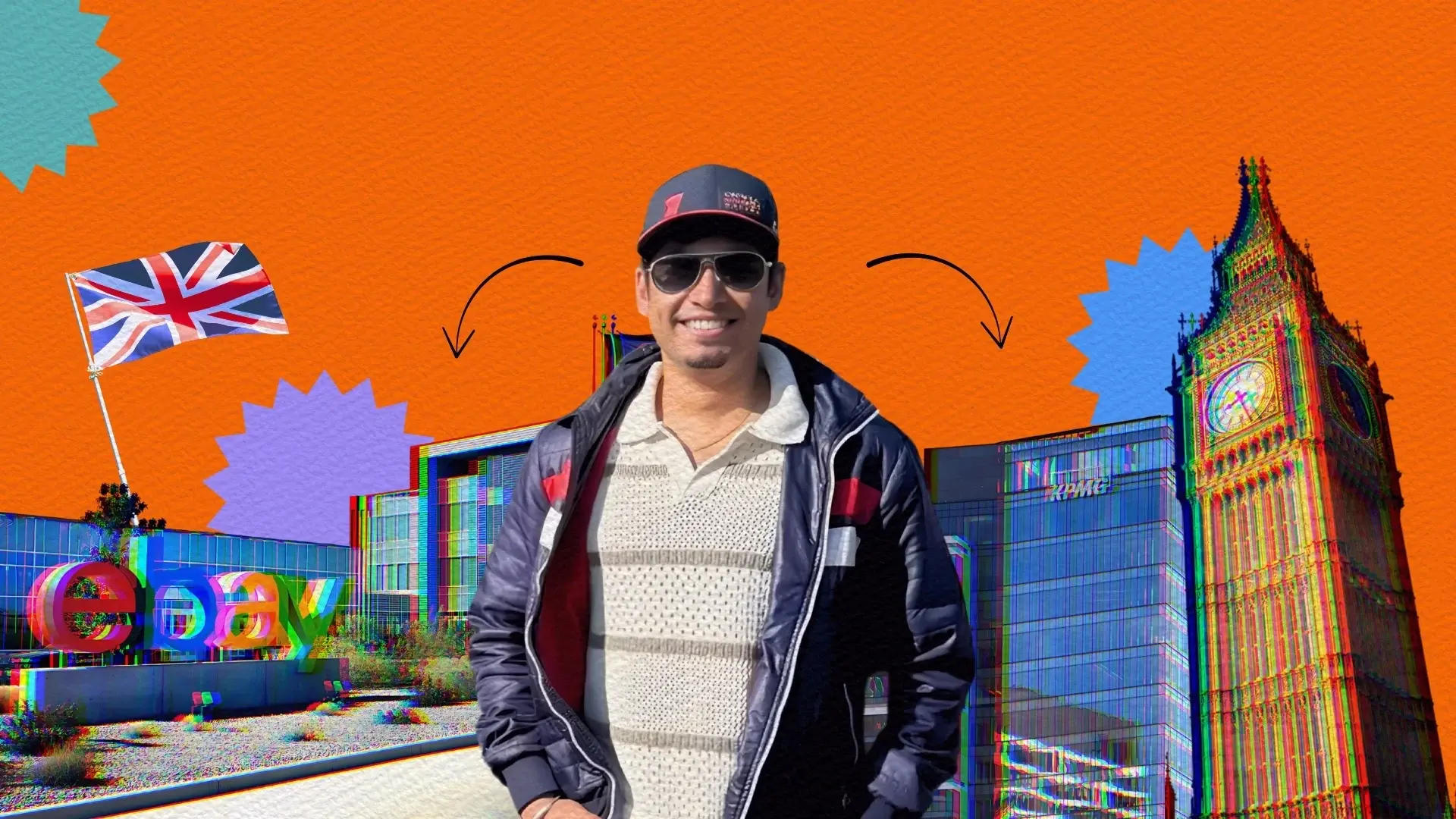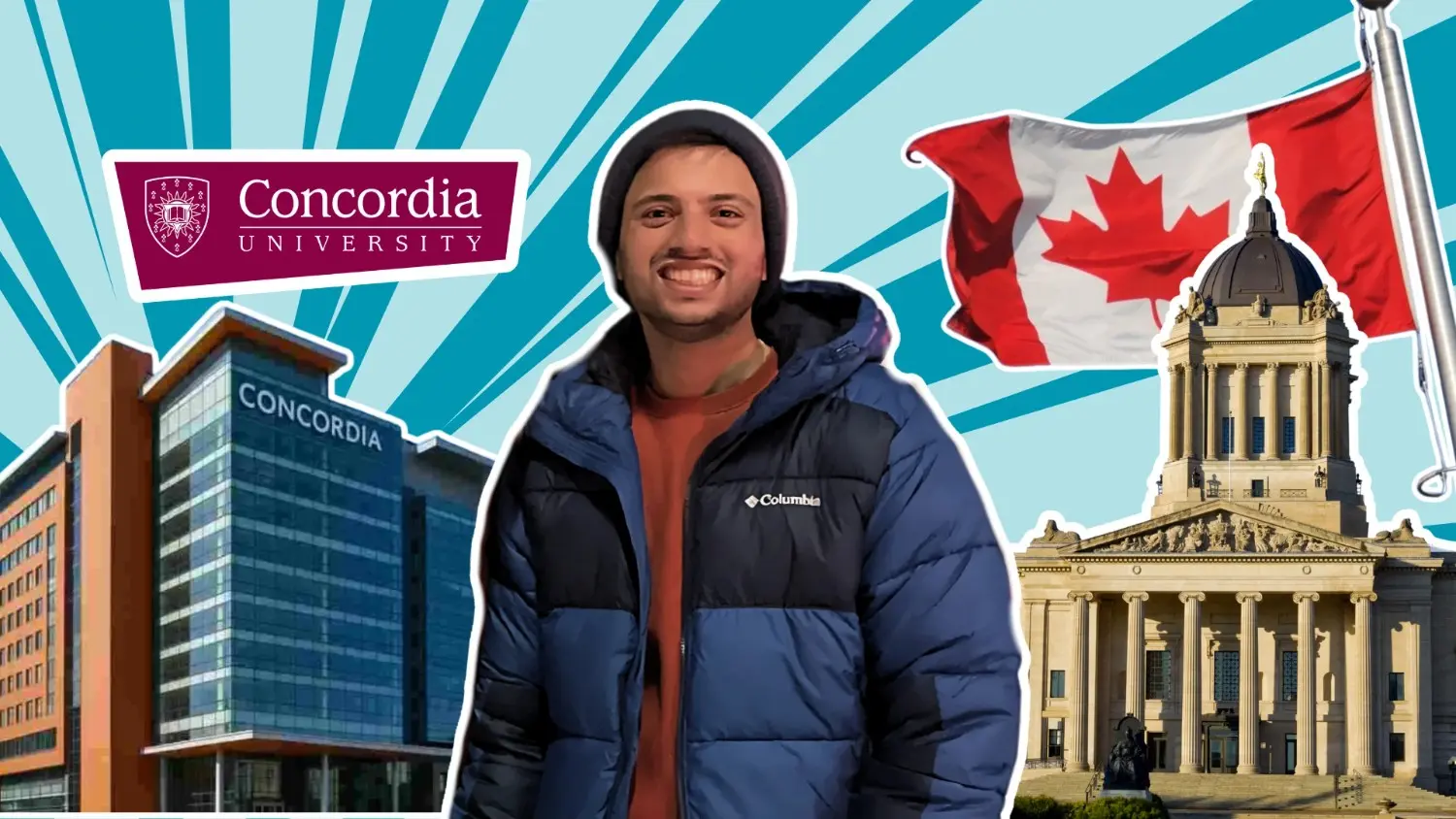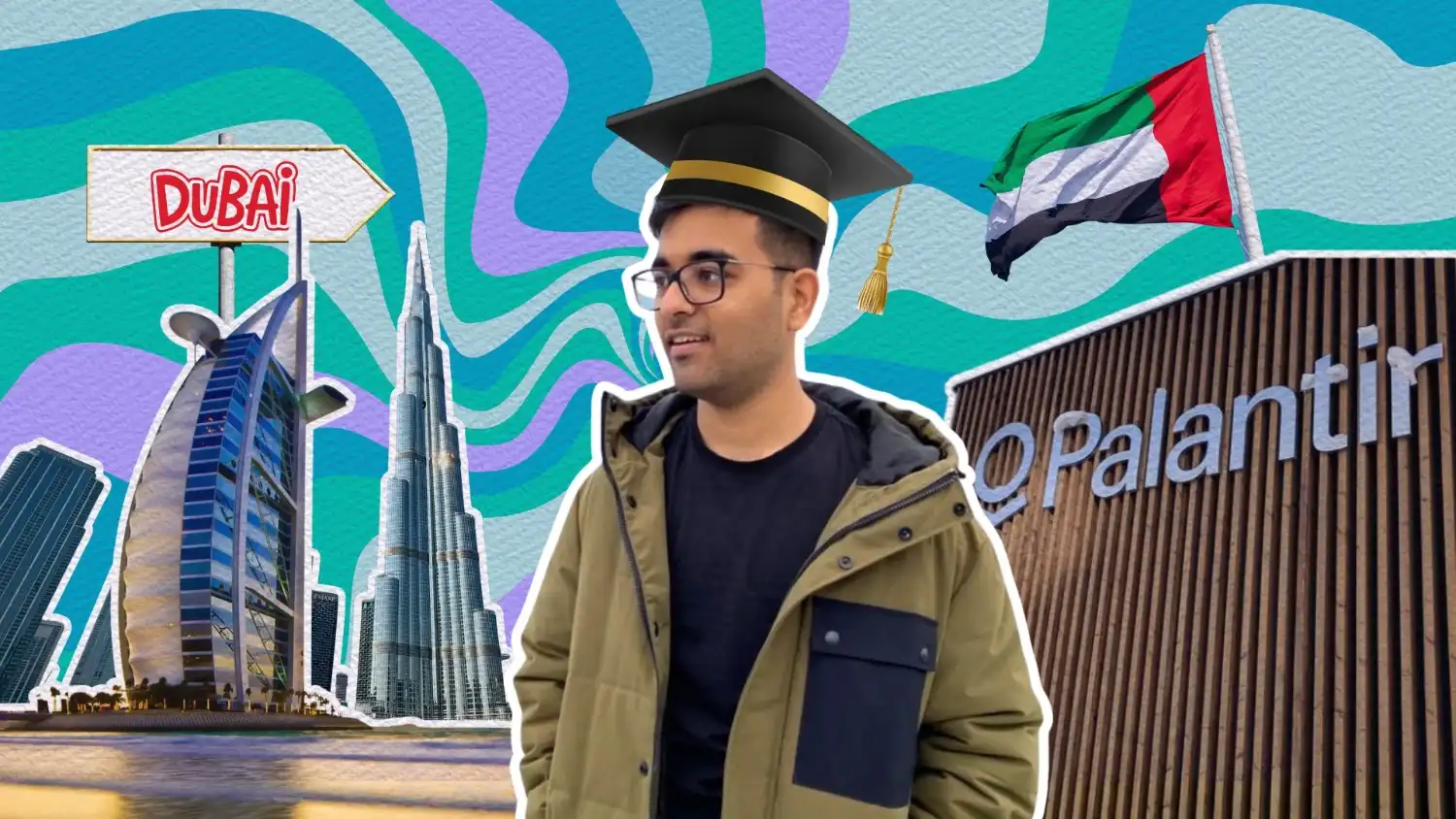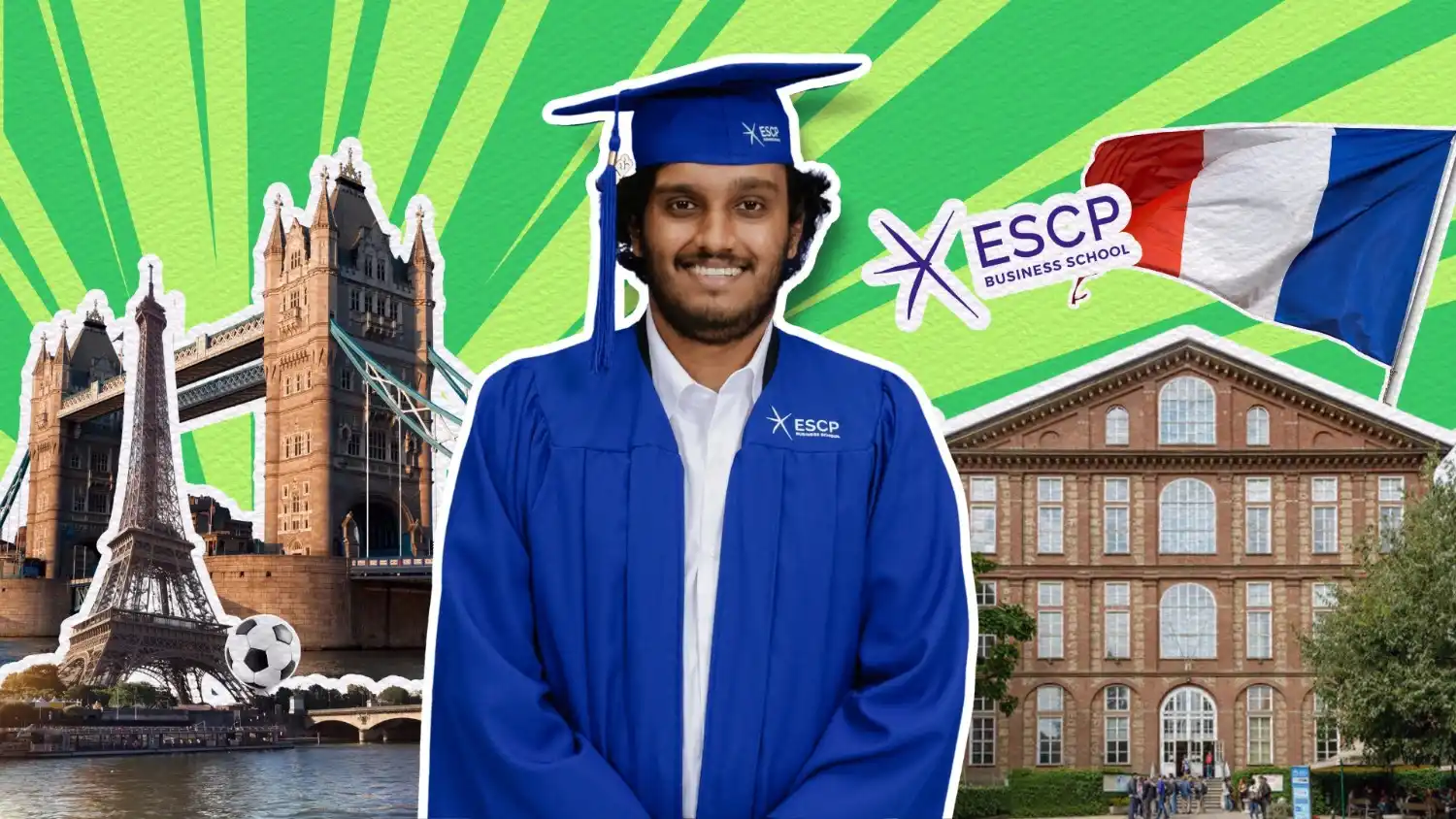Student Reviews
From Chartered Accountancy to KPMG in the UK: Naman’s Journey Highlights the Upward Mobility of Studying Abroad

I’m Naman Dwivedi and work as a Strategy Consultant in Pricing Team at KPMG UK and focus in Data Science and Analytics. I got into this line of work after my Master of Business Administration from Warwick Business School, UK. I spoke with Leap about my journey for their expert student series — 'Indians who had studied abroad recently and are still in that country pursuing their dreams' — because I want to help others willing to take a career jump as I did.
Q: Tell us about your background?
I used to live in Faridabad and studied in Delhi Public School. I did my 11th and 12th in non-medical, like a typical engineering student. Initially, I thought I would follow that path, but after 12th, I shifted to becoming a Chartered Accountant. As I gained more experience in the field, I stopped enjoying it since it did not involve any critical thinking and so I shifted careers to Data Analytics, which at the moment, I am enjoying.
Q: What made you decide to change fields?
To be honest, I never really enjoyed it. It seemed like a very monotonous job, primarily because the work was extremely derivative and did not involved creative thinking. I tried to change fields within India, but it got tough. Ultimately, I decided to move to the UK.
I completed MBA at Warwick University and started exploring how I could shift careers. My transition was quite major – I wanted to move into data analytics and strategy consulting, which is quite challenging when you're coming from an audit background. Essentially, I had to start from zero. I joined Ebay UK as a trainee in Data Analytics team and secured a full time role within a month. Since then I have never looked back at audit/accounting.

Q: Why did you choose Warwick specifically?
There were multiple factors. First, I didn't take any loan, so finances were a big criterion. I had GMAT scores and admission offers from Oxford, some ivy US universities, and Melbourne Business School. But for me, the MBA wasn't just about networking or finding a job in another country. I wanted a genuine academic experience.
Warwick has excellent research facilities, and the professors were really good. Compared to feedback I'd heard about Oxford and Cambridge, Warwick's MBA program offered a more comprehensive academic experience. While those universities have amazing networks, their MBA academic side wasn't as strong. Since my aim was to gain knowledge of other areas of a business such as marketing, leadership, HR, etc., and change fields, I chose WBS for an all round experience.
Q: How did you finance your education?
I had a 50% scholarship and used my own savings. Including living expenses and everything, I managed to spend between 27 to 30 lakhs, which is pretty typical for an Indian MBA student.
Q: How was your experience studying during the COVID period?
Interestingly, we had face-to-face classes for about 80% of the year. Meeting people was a great part of the experience. We were allocated syndicate rooms for group studying, which made collaboration really enjoyable.

Q: How did you approach job hunting?
There are two ways: One is applying to 100 jobs, where you might get responses from 20, talk to HR for 10, and potentially clear one interview. My approach was different – I focused on networking. I spoke to 100 people, gained insights, and tried to convince five of them that I was a valid candidate.
I used LinkedIn Premium to reach out to professionals. My strategy was to send messages expressing genuine interest in their career trajectory, asking for a short conversation. I'd ask open-ended questions and let them talk, which helped me build rapport.

Q: How did you land your first opportunity?
I got an internship at eBay for the first three months. They loved my work and hired me on a contract. That was my entry point into data science. I was actually one of the first few people in my batch to secure a job. I received an offer in June or July, well before the university ended, and started working in October.
Q: What advice would you give to someone looking to change careers?
It depends on person to person. My strategy might not suit a lot of people, but I'd say reach out to other people and network. While you need to figure things out yourself to some extent, there are people who have been in similar situations and have far more experience. Don't just apply blindly – understand what unique skills you bring to the table.
One crucial insight I got is that if you don't have a specialized skill set, it's tough to get hired internationally. Companies won't hire someone requiring sponsorship if they can train someone locally who doesn't need additional paperwork.
Q: Any emotional advice for people considering moving abroad?
Be prepared for significant changes. People don't often talk about the weather – it can be challenging, especially if you're from a warm place like India. Some people struggle with being away from home, while others adapt quickly.
The most important thing is to understand yourself, be adaptable, and be willing to put in the effort to network and learn.
Q: Would you do it all again?
Absolutely. The journey of moving from audit to data science, studying in the UK, and finding my passion has been transformative. It's about continuously learning and being open to new opportunities.





